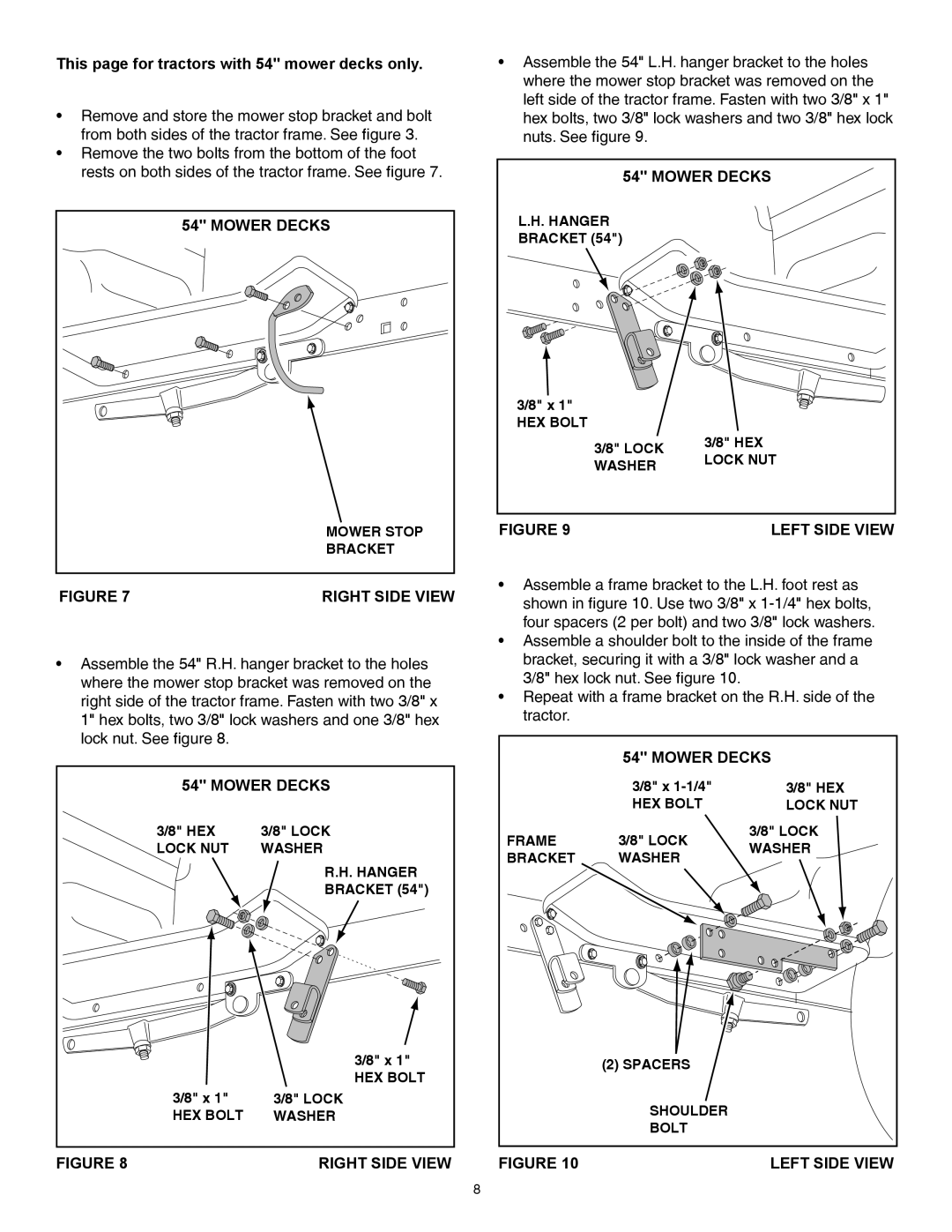486.248463 specifications
The Sears 486.248463 is a notable piece of computing history, representing the transitional phase in personal computing during the early 1990s. This device embodies the era when home and office computers began to embrace more advanced capabilities, driven largely by the evolution of processor technology and user requirements.At the heart of the Sears 486.248463 is the Intel 486 processor, a significant leap from its predecessors. This microprocessor, which debuted in 1989, introduced a new level of performance, allowing users to handle more complex applications and multitasking functions seamlessly. The 486 architecture included an integrated floating-point unit, enhancing its ability to perform mathematical calculations, which was particularly beneficial for graphic design and engineering applications.
The Sears 486.248463 boasts a robust memory capacity, typically equipped with 4 to 16 MB of RAM, allowing for efficient operation of various software applications. This level of RAM was innovative for its time, providing users the ability to run multiple programs concurrently without experiencing slowdowns. Additionally, the system could support hard drives ranging from 120 MB to 1 GB, catering to the growing need for data storage as software applications became more sophisticated.
Another key feature of this model was its compatibility with DOS and early Windows operating systems. Users could enjoy a graphical user interface while leveraging the power of DOS-based applications, marking a significant shift in user experience. The Sears 486.248463 also included expansion slots, which allowed for upgrades and customization. Users could add additional memory or enhance graphics capabilities, reflecting the growing trend of personalized computing.
Graphics capabilities were enhanced through the inclusion of VGA support, delivering improved visual fidelity for both productivity applications and gaming. The resolution provided by VGA allowed for clearer images and more vibrant colors, making it suitable for a variety of multimedia tasks.
In terms of connectivity, the Sears 486.248463 featured standard serial and parallel ports, enabling connections to printers, modems, and other peripherals. This flexibility made it a suitable choice for both home users and small business environments.
Overall, the Sears 486.248463 stands as a representative of its time, showcasing key technologies and characteristics that laid the foundation for modern personal computing. Its combination of performance, expandability, and compatibility highlights how far technology has come and the significant milestones achieved throughout computing history.

